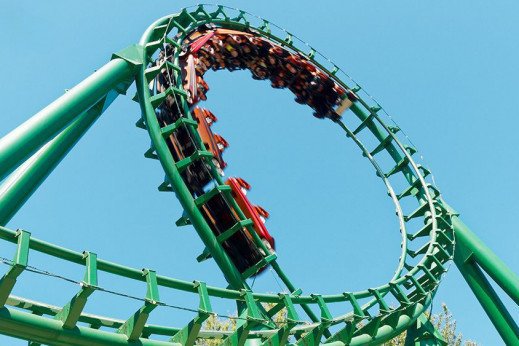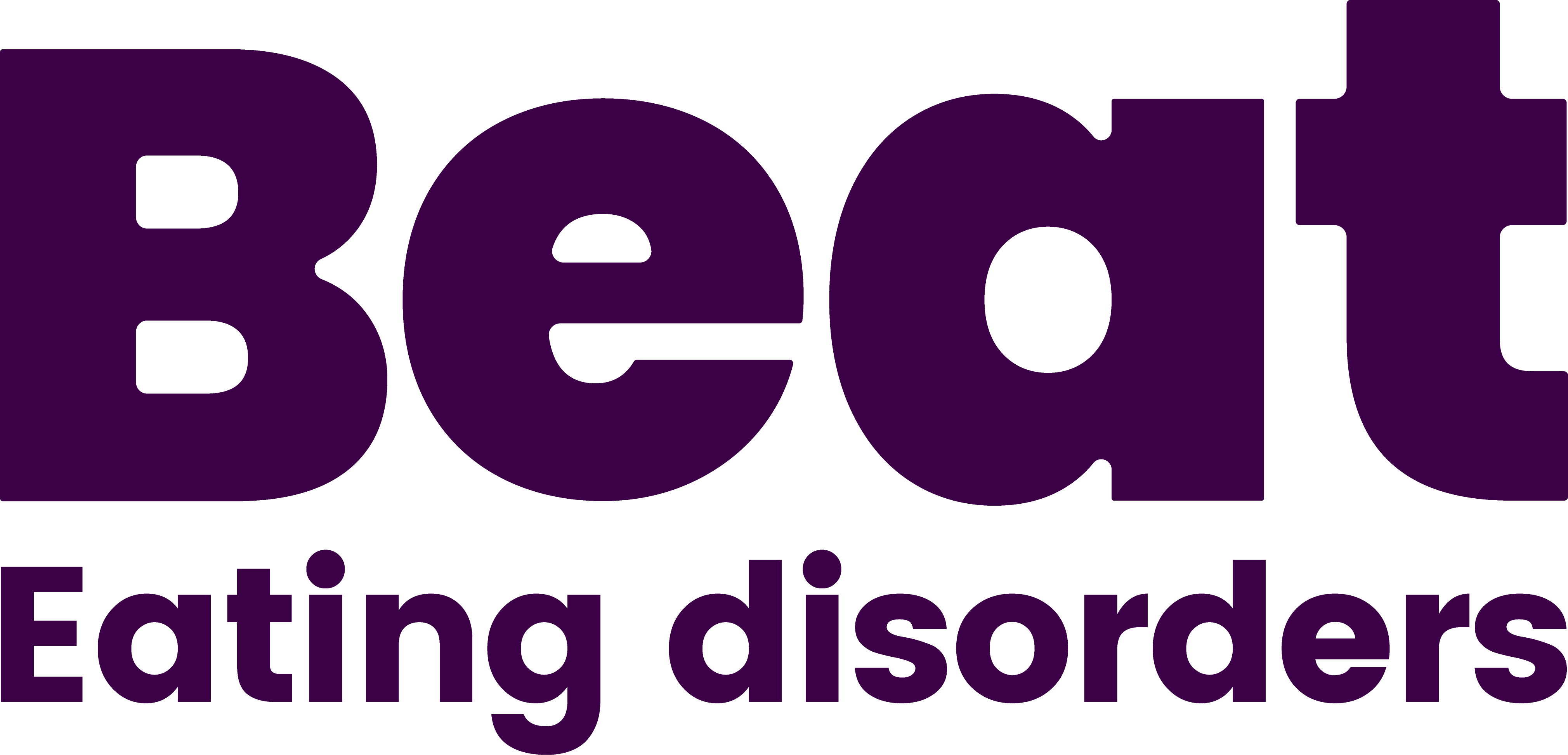All stories

"We're all figuring it out as we go along"
Now, I’m having to source ingredients and make food-related decisions in the moment, thus shaking me from my self-imposed reverie. This, added to my constant fear of someone coughing on me next to the tubs of Hellmans makes what should be a straightforward activity into a frantic, emotionally charged scenario.

These two posts, written two years apart, show how Mel managed to overcome a lot of the anxiety she felt around shopping for food.

26 letters to my nearest and dearest for Beat
I have suffered with anorexia for about 2 1/2 years now, and the descent into the disorder was very fast and absolutely devastating.

Be there for them when they need you
You just have to remember to be there for them when they need you and gently nudge them in the right direction.

"I feel very lucky to have found a support group"
I feel very lucky to have found a support group – but it would have been wonderful if this had been available more locally.

The right support and information helps family understand
The right support and information helps family and loved ones understand, so they can provide the love and care needed for everyone.

How I learned to cope at Christmas
It can be hard to enjoy a holiday when there are so many things around that make it feel chaotic. For someone like me, who copes with anxiety by needing structure and routine, the spontaneity and fun of a holiday season is enormously difficult to navigate.

Always have hope
It’s been a rocky road but it’s been worth it, and I’ve met some amazing people along the way, including my best friend, whom my life would be so incomplete without.

Why You Are Already 'Sick Enough'
When I first started showing symptoms of anorexia and collapsed at school, the head of pastoral support asked if I had been eating enough. I was in the early stages of anorexia and everything in me wanted to say “No, please help me, I don’t think I’m in control anymore. It started as a diet.”

"Male, 40 years old, and anorexic"
If there’s such a thing as a typical anorexic patient, then I’m not that person. I’m a man with an illness broadly estimated to be 80-90% female.

Thinking about Christmas with an eating disorder
The run up to Christmas can be really exciting: preparing for holidays, time with family and friends, parties, presents and often lots of food. But that excitement can be equalled and even overshadowed by worry, guilt, resentment and panic.

"People find it very difficult to understand other people."
I'd suffered with anorexia nervosa and bulimia for a year. Many people have perceptions & stigmas with these words, and don't realise every case is different.